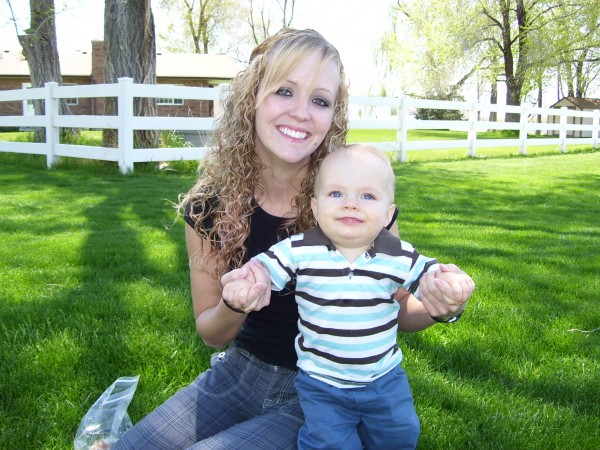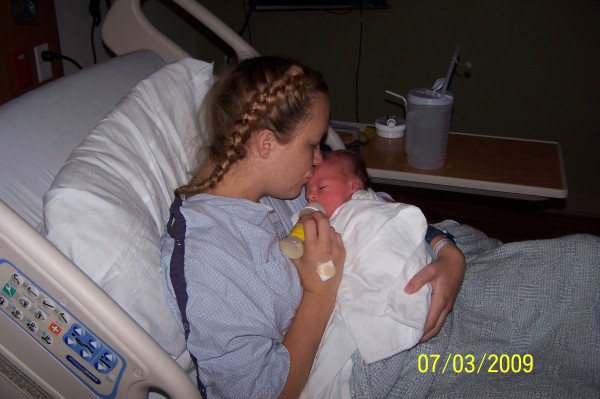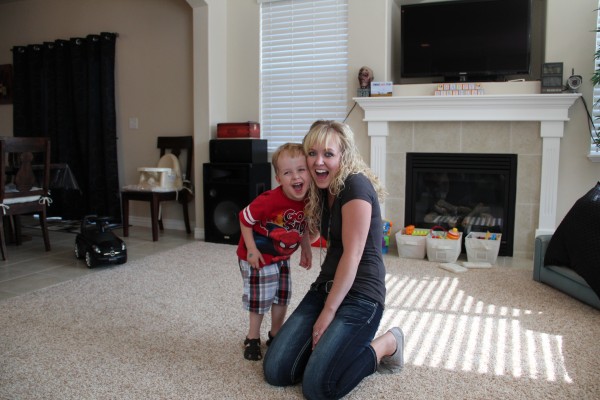Top 4 Things I Do to Help Me with Adoption Grief
Write
I don’t pretend to be a great writer. I have never brought someone to tears by a few words, nor heard their laughter from a quick-witted joke. But for whatever reason, writing is what calms me, personally. It’s what I do when my mind and heart are too overwhelmed to work in unison. Writing forces me to organize my thoughts. I can understand what’s logical and what’s anxiety sneaking up behind me. I can look back at my thoughts as the days go by and see patterns, identify what triggers my heartache, whether it’s seeing a teen mother and knowing that could have been me or hearing that a close friend is expecting a child with her husband. It all brings on a sense of longing, reminding me what has happened and what I lost. Even though I knew what I was doing—I knew then like I know now that my child was getting a better life—it was a loss, and writing helped me acknowledge that. Acknowledgment helped me to properly grieve.

Allow Myself Time
It took just one moment in time to become pregnant, it took nine months to carry that child, and it’s taking an eternity to grieve. It’s not something that I will ever “get over,” nor do I want to. He is part of me and his existence is proof that I left something important on this planet. He’s proof I was here. The concept of grief was foreign to me as I took on the title of “birth mother.” I had no idea what grieving I would do or how to do it, I just knew I had to do it.
It’s been six years. I still occasionally have heartache because he is missing from my day-to-day life, but it’s not nearly as severe as it used to be. I used to wonder how the sun could shine when my heart was broken into so many pieces, but now I love the feeling of the warmth on my face and thinking of that wonderful boy.
The most important thing I did for myself was allow for time to grieve. I promised myself a full year of feeling however I wanted. Crying because I wasn’t there when he visited Santa, hurting for Mother’s Day because I had no baby to hold or cards to be excited about. His first birthday arrived and, because of open adoption, I was able to celebrate with him. After that, it became a little easier. It was a few months of ups and downs, but now the moments of sadness are few and far between. Sometimes it comes simply from a quiet reminder that he out there, sometimes it’s the look I see in the mirror, sometimes it’s a memory. Whatever it is, it’s necessary and will always be with me. I miss him every day. I think about him every day. But it’s not overwhelming.

Exercise
My genes have blessed me with a petite figure. While that comes with perks, it also came with me thinking I don’t need to work out to be in shape—I knew it’s not true, but it’s easy to tell myself that. I’ve never be able to run a mile, I huff and puff through a yoga class, and Zumba is basically an excuse to do jumping jacks to music. At least, that’s how it was until I placed my son.
I had been told over and over that exercise helps with depression and grief. I didn’t want to believe it, but it got to the point to where I felt I had no other options. So I began to run, and take an exercise course, and a yoga class. At first I didn’t feel much, besides my heart beating. But that was more than I had felt in a while. It was all physical reactions at first, my heart beating, my forehead sweating, my legs getting tired quickly. Then I noticed I was laughing with a friend who would drag me to the classes. Then I was craving food again. I’m not sure if it was the exercise or the fact that I was forced to “get out” and get involved in something. But I am now a believer in the healing power of exercise.
Permission to Cry
It’s OK to feel sadness. It’s OK to realize that you’re hurting. It’s OK to cry about it. It’s necessary, it’s healthy. Do it. Give yourself time to cry, give yourself time to feel what you need to feel. If you look at the five stages of grief (denial, anger, bargaining, depression, acceptance), crying fits right into stage #4. It’s proof that you’re human, and the sooner you accept your heartache, the sooner you can work it out in your mind and heal.
